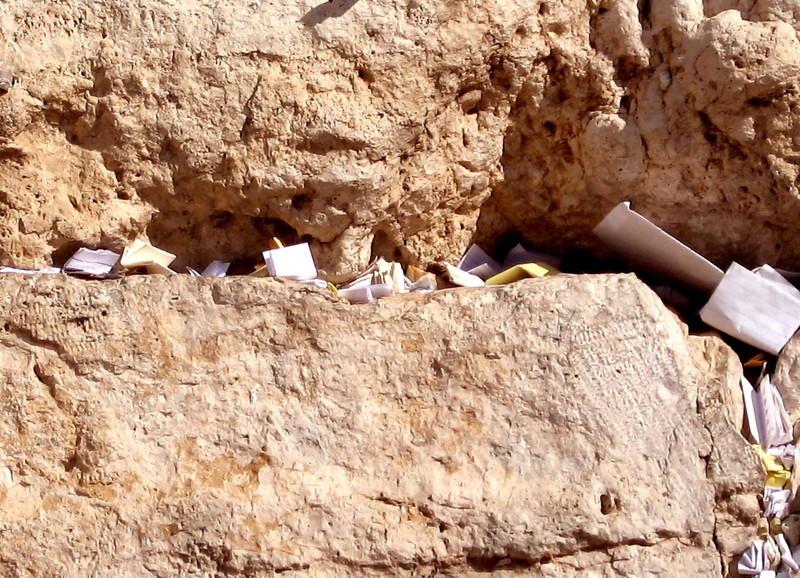I don’t know about you, but this summer has been especially challenging.
Living in Lakewood, NJ, I am not too far from the Jersey Shore. As I look out my window on a warm, sunny day, I observe the cars going to and fro, the drivers blasting music and seemingly having a carefree time. I turn on the radio and hear yet another news report condemning Israeli aggression and reporting the latest sum of rockets fired on Israel, new casualties and injury figures. My mind wanders and imagines joining the masses ambling around and enjoying some exciting new destination. Wouldn’t it be nice to forget all the problems and just run away? But I snap out of my daydream, remembering that I have a job and many obligations to take care of.
But in all honestly, what does God really want from us? Is this period of the Three Weeks some kind of living hell that we are doomed to suffer every year? Is there a certain measure of pain and suffering that has been decreed against us?
To make some sense out of these days, let’s examine this three-week period of mourning. We once had a national home: the Beit HaMikdash (literally, “Home of the Sanctuary”). There were several reasons why the Holy Temple was a fitting home for God’s Chosen People. For starters, it was a place that gave witness to Divine Revelation on a constant basis. Anyone who entered witnessed extraordinary miracles taking place daily. It was also the seat of the Sanhedrin, where justice and spiritual direction were meted out to the nation. Most importantly, the Temple was the resting place of the Shekhinah, God’s Presence. In our terms, this means that by entering the Temple, one could feel ultimate connectivity with our Father in Heaven.
For over 2000 years, we have lived far away from our collective home. It is at this juncture of the year that we acutely sense and experience our feelings of homesickness. Everything going on around us is a mere reflection of what is really going on inside of us, whether we’re aware of it or not. Our exalted position has been lowered to the status of what Rebbe Nachman calls “prustakes,” or simple, common folk. We find it hard to concentrate on learning Torah or feel connected when we pray. For this reason, at the climax of this period, on Tisha B’Av morning, we don’t even wear tallit and tefillin. So what do we do?
We reflect, we remember, and, if we are able, we even shed a tear. We are being reminded that we are lost, far away from home. Those around us scream and yell that we have stolen their land, that we are thieves. But just as God gave “free” life to the world for generations before the Torah was given, before there were even any mitzvahs to do, so too, God sustains the entire world today. No one can accuse us of anything, for God is the Source of everything and has given us our land.
In our lowliness, God is reminding us that it is He who is supporting us now as well. Our cries and suffering remind us that despite our material abundance, and even despite our spiritual accomplishments, we are very much His poor children, longing to go home. When we realize and affirm our utter dependency on His generosity, we remind the world that they, too, are indebted to God – the same God Who chose to give the land to His People.
May our reflecting bring about the remembrance of our faith in the kindness of our Creator, and may this create the final argument on high to bring us all back to our real home. Amen.
Based on Likutey Halakhot, Shomer Sakhir 4

